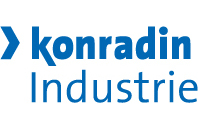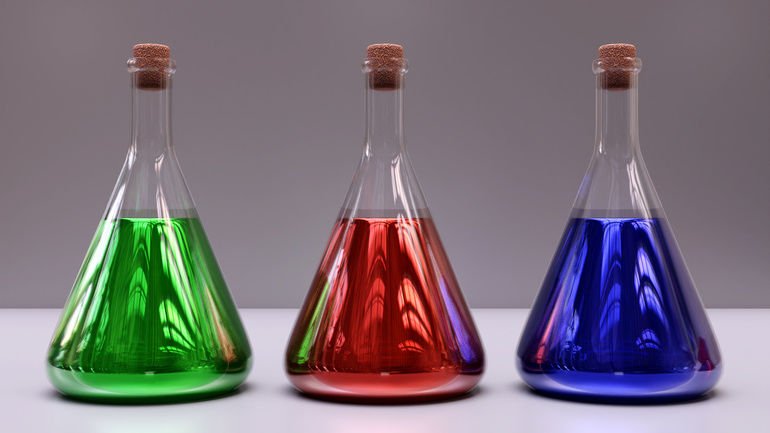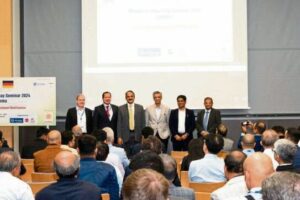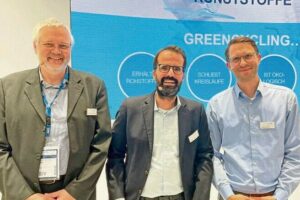The BBI-funded Cafipla project is developing a new technology for obtaining biobased chemicals and products from biowaste. A market analysis conducted as part of the project shows high potential for four customised biobased products in the initial economic assessment.
The market assessment included consideration of Cafipla processes and four potential future products. Cafipla target products include polyhydroxyalkanoates (PHA), which can be used as biobased and biodegradable plastics or bio composites. Medium chain carboxylic acids (MCCA) in the form of MCCA bio-oil can be used as antimicrobial feed additives. Further, microbial proteins considered in Cafipla offer good possibilities as slow-release fertilizers or food and feed additives. Reinforced natural fibres have high environmental benefits and are relevant for the insulation and construction market segments.
“The market analysis demonstrated that all products have high market potential and address market segments with already high market volumes. To achieve market entry, the next step is to consider individual obstacles and overcome them during the project.” as Dr. Lea König and Karoline Wowra say, both researchers at Dechema e.V., responsible for Cafipla market analysis. Based on the application areas, potential markets were defined, their production volumes and annual sales were compiled, and the currently largest manufacturers were identified. In addition, the technical-economic, environmental, and legal framework conditions were examined and evaluated for opportunities and challenges for the products.
The Cafipla project
Cafipla offers an alternative concept for biogas plants by upgrading heterogeneous biowaste streams. The project combines carboxylic acid production (CAP) and fibre recovery (FRP) in two platforms. This combination aims to further convert carboxylic acids and fibres into economically relevant compounds in a TRL 5 demonstration plant.
In the Cafipla project, 13 partners from across Europe, including seven SMEs, are taking up the challenge of developing new platforms for the economic conversion of biowaste into higher value products. They are supported by research institutes, universities, and large industrial companies. Dechema Society for Chemical Engineering and Biotechnology, as one of the project partners, conducted the market analysis.
Read the Cafipla market analysis









